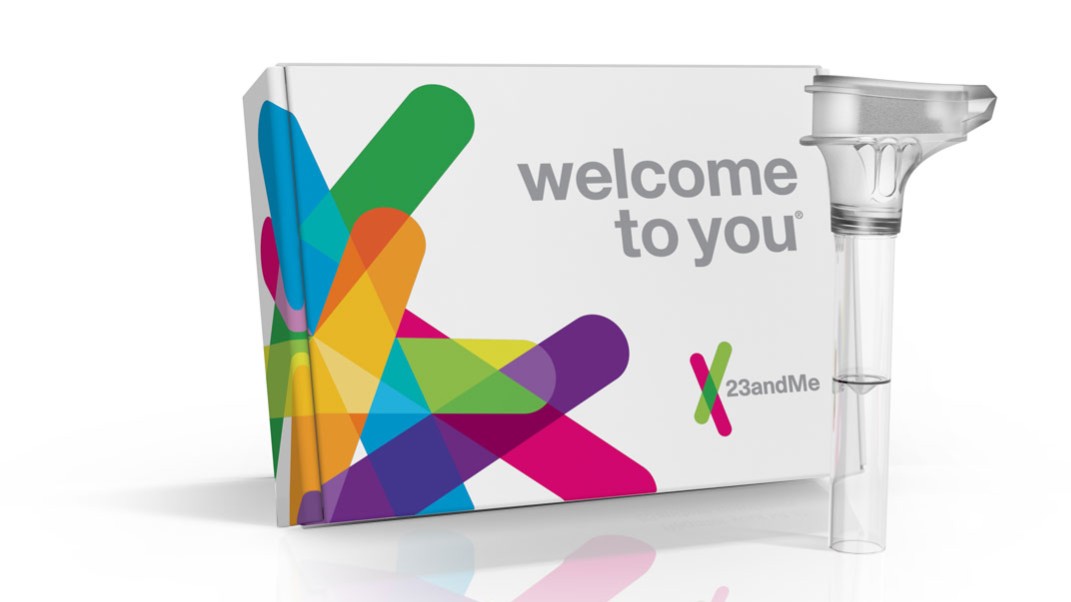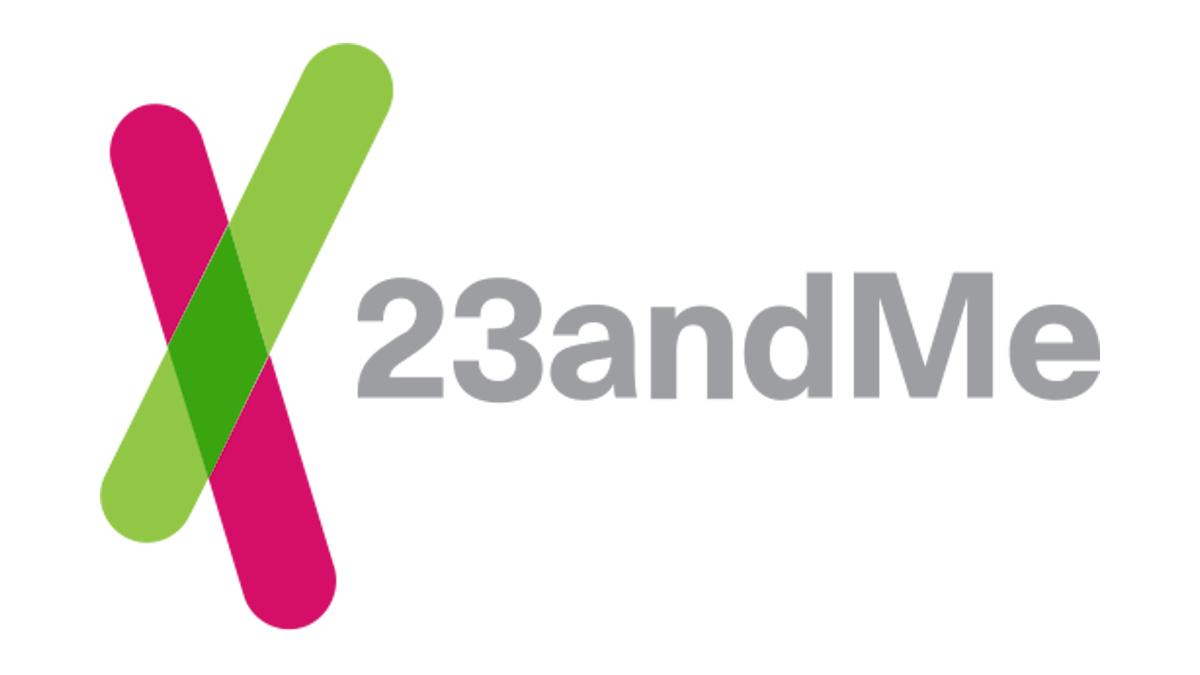FDA approval for 23andMe's direct-to-consumer genetics test

In a landmark decision from the FDA, genomics firm 23andMe's direct-to-consumer genetics test has been approved in 10 conditions.
Originally given FDA marketing authorisation in February 2015 as a personal genetics test for Bloom syndrome, US patients can now bypass their doctors and perform at-home genetic tests using 23andMe's Personal Genome Service to determine their risk of developing specific diseases.
However the FDA has approved the tests as a guide to potential risks, and has said they should not be used as a diagnostic tool.
The 10 conditions the Personal Genome Service now has marketing approval in are:
- Hereditary thrombophilia - a condition that increases the risk of blood clot formation
- Alpha-1 antitrypsin deficiency (AATD) - increases the risk of developing lung or liver disease
- Late-stage Alzheimer's disease
- Parkinson's disease
- Gaucher disease - a condition that causes excessive bleeding and brittle bones
- Factor XI deficiency - a condition that increases the risk of excessive bleeding following trauma
- Coeliac disease - small intestine intolerance to gluten
- G6PD deficiency - increases the risk of anaemic episodes
- Early-onset primary dystonia - characterised by sustained muscle contractions
- Hereditary hemochromatosis - iron overload in the blood which can lead to heart failure
The test itself involves analysing DNA taken from a saliva swab. The sample is sent via post to a 23andMe lab which returns results in around six weeks.
Similar tests are already available to patients but only through their doctors. The most notable example is Myriad Genetics' myRisk - a 28-gene panel for determining predisposition to a number of cancer types. The test raked in $632 million in sales last year for the company.
"This is an important moment for people who want to know their genetic health risks and be more proactive about their health," said Anne Wojcicki, 23andMe CEO and co-founder. "The FDA has embraced innovation and has empowered individuals by authorising direct access to this information. It is a significant step forward for 23andMe and for the adoption of personal genetics."
The approval contrasts with the FDA's 2013 decision to prevent 23andMe from selling its genetic tests on the basis that inaccurate results could misinform patients.
As a work-around, 23andMe marketed its test as an ancestry kit to determine whether patients were carriers of genetic mutations associated with particular diseases. It did not however offer genetic health reports.
Regardless of its high-profile backing from entities like Google Ventures, the jury is still out as to whether genetic tests will in fact be beneficial and not simply overload doctors with patients demanding specific therapies based on their genetic health reports.
Chief medical officer for England, Dame Sally Davies, remains on the fence about the products, as evidenced by her recent interview with the Financial Times: “We are going to have to explain to the public that there are cowboys out there giving you data that they don’t understand and we won’t be able to explain,” said Davies. “I think there’s an element of that with 23andMe, although they do report back quite effectively."











